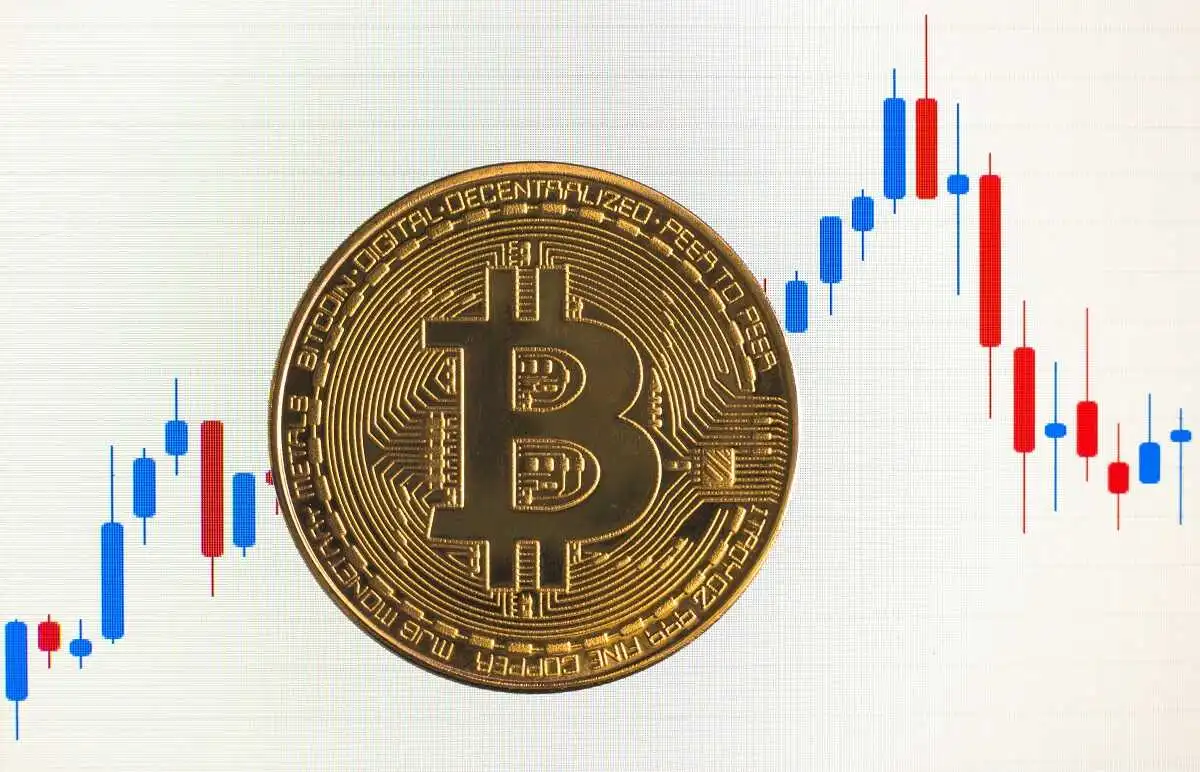United States-based exchanges have been affected the most by the banking crisis, with traders experiencing increased price volatility.
In spite of a bullish quarter in terms of price gains, Bitcoin market liquidity has dropped to a 10-month low. Regulatory actions against crypto companies and the bank run in the United States are partly responsible for the liquidity dry-up.
It is one of the best-performing assets in 2023 with a 45% increase in price. Stocks and bonds have had one of their worst years in recent history as a result of a looming financial crisis. A number of banks have collapsed due to the worsening financial crisis.
Crypto ecosystems have also been directly affected by the banking crisis. A liquidity crisis has been caused by the collapse of crypto-friendly banks, including Silicon Valley Bank and Signature Bank, resulting in the removal of important U.S. dollar payment rails.
Liquidity constraints have also led to increased price volatility, which has forced traders to pay higher slippage fees. The slippage occurs when the price of the transaction differs from its expected price. The slippage on Coinbase for a $100,000 sell order climbed 2.5 times in March. BTC/USDT’s slippage barely changed during the same period.
On U.S. exchanges, the price discrepancy between BTC and U.S. dollar pairs has increased drastically compared with non-U.S. exchanges. Among ten exchanges, Binance.US’s BTC price is more volatile than the average price.
Liquidity crisis has severely affected traders and the market, according to Kaiko data analyst Conor Ryder. The impact of U.S. banking troubles is lessened by stablecoins, but they adversely affect U.S. liquidity. Investors in that country would be indirectly harmed by it, he said.




